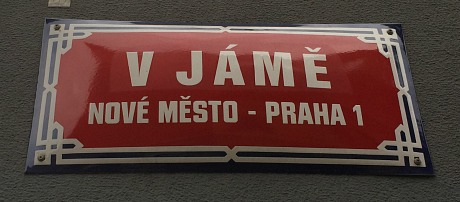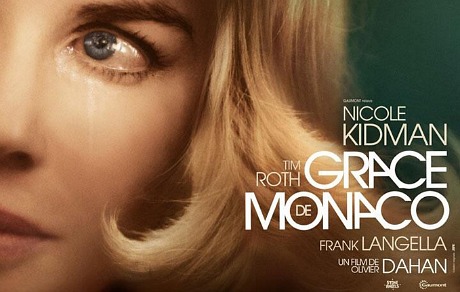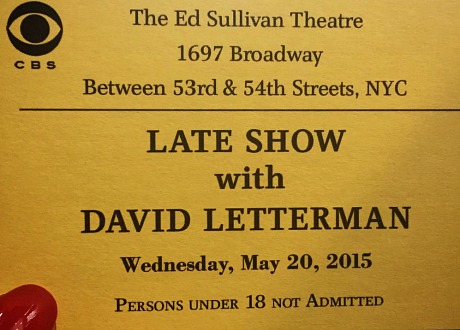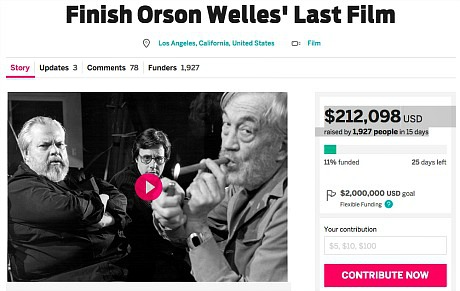In Michael Franco‘s funereal, snail-paced Chronic, which I saw this morning, Tim Roth delivers a quiet, solemn, lived-in performance as a home-care nurse who tends to terminal patients. I believed Roth’s every line, gesture and body move — he handles the role with just the right degree of nodding resignation. I also felt heartened that Roth had landed a role that doesn’t require him to play another perverse ogre, which is what he’s been stuck with since…well, a very long time. But let’s not get carried away. Variety critic Guy Lodge has tweeted that Roth deserves Cannes’ Best Actor award — an excessive reaction, trust me. Certainly considering that Roth gave a more interesting and flavorful performance three years ago in Nicholas Jarecki‘s Arbitrage, playing an Inspector Javert-like Manhattan detective who’s dying to bust the high-flying financier Richard Gere. A little perspective.
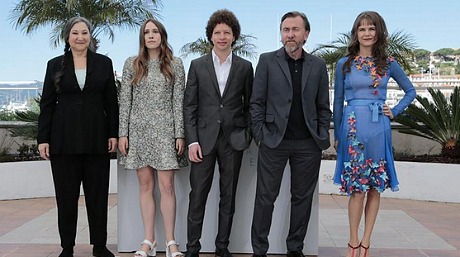
Michael Franco (center), Tim Roth (beard) and the female costars of
Chronic before today’s press conference.
Chronic is the kind of serious, studied, slow-drip drama that you tend to see mostly at film festivals, and which you would turn off after two or three minutes if you were movie-surfing on your Roku player. By all means see it if you long for that sinking, heavy-lidded feeling of being anesthetized in your seat. If you have a parent who needs rest-home assistance to help with the basics, you’ll absolutely adore it. I’m kidding. It’s an end-of-life misery movie to put all other end-of-life misery movies to shame. Oh, the joy of being washed by someone else in the shower, of needing help to get from a chair to a bed, of wearing Depends.
An hour or so ago Deadline‘s Pete Hammond said that Chronic reminded him of Frank Perry‘s The Swimmer in that Roth’s care-giver “travels” from one terminally patient to the next in the same way Burt Lancaster‘s character swims from one affluent swimming pool to the next. I only knew that the drip-drip pacing felt less than profound. I only knew that this is the kind of film that requires moxie to sit through. I didn’t “hate” it but it made me think of nothing but escape — escape from boredom, escape from the indignities of old age (which is what my mother is thinking about 24/7 these days), escape through pain killers…anything but what Roth’s dying patients go through.
What can I tell ya? This is the kind of film that makes you consider the upside of putting a shotgun in your mouth.
Read more
